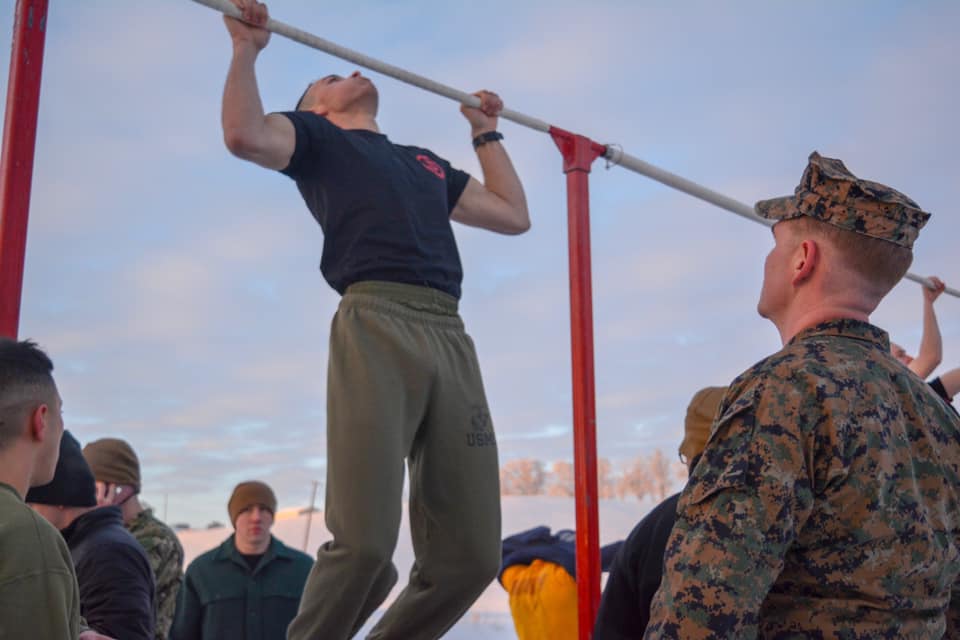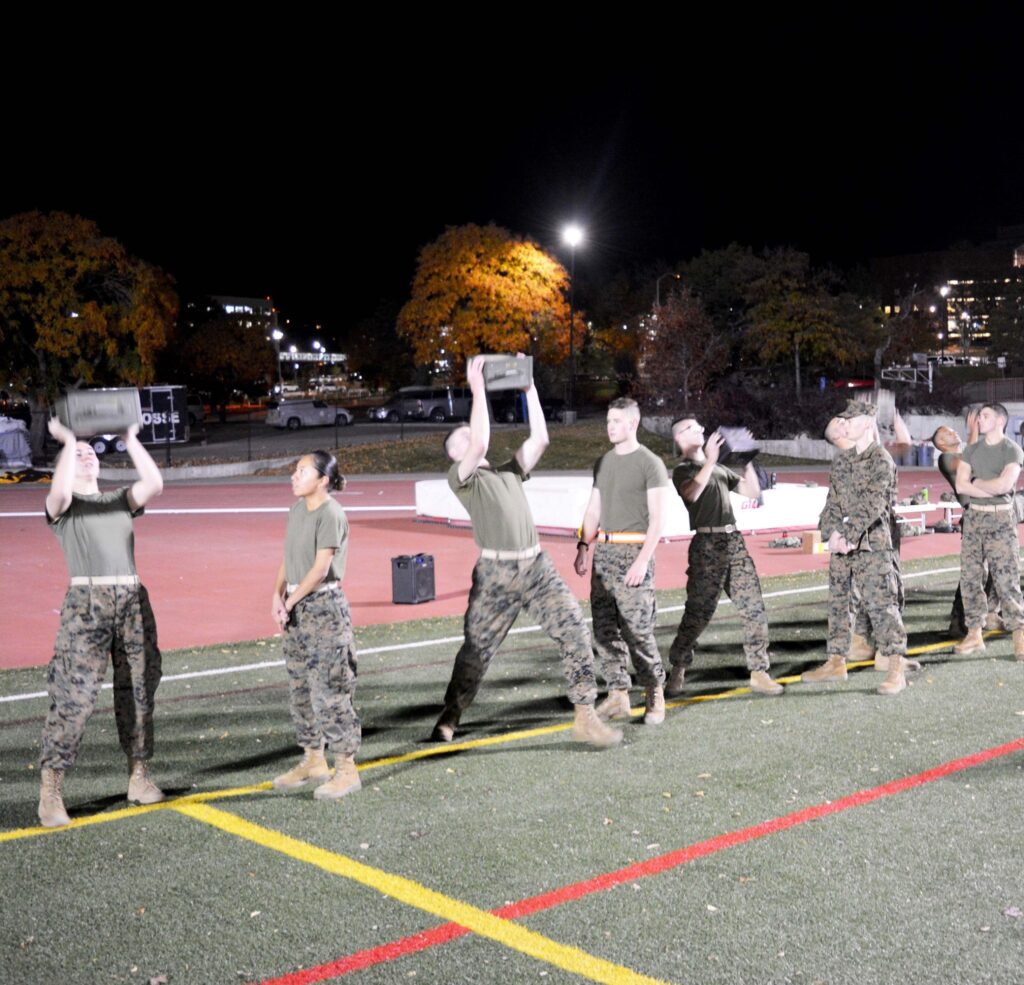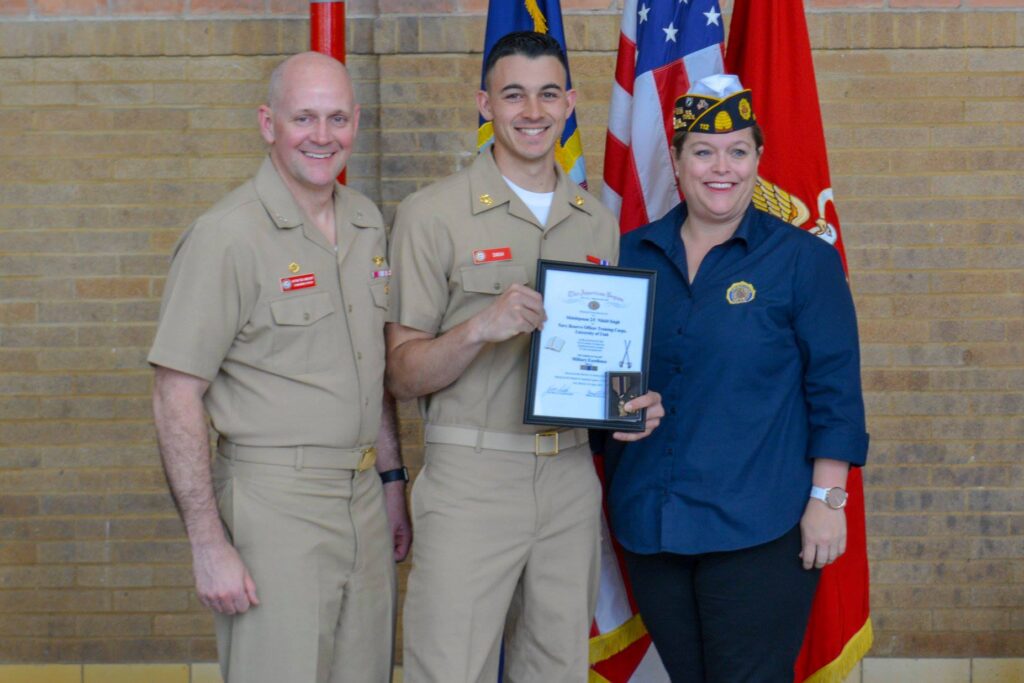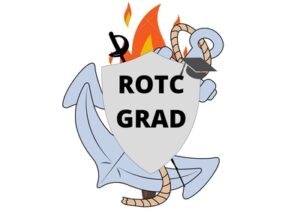
Introduction
When I was applying for the NROTC program, I wanted to know two things: how hard it was to get accepted into the program and how hard would daily life be training to become an officer while going to college? In this article, I’ll share my experience with you that I had over the 4 years of being in this program.
Before we begin, I will say the biggest theme of the whole experience is that it always seems harder in your head than it actually is. The application process, interviews, essays, and fitness tests are things you’ll be familiar with as your officer recruiter helps you through the process. This article is meant to help give you insight on the whole thing before you make that first contact.
So how hard is ROTC and NROTC?
Across all branches of the military, 4 year ROTC acceptance rates range from 10-20% with Navy and Marines being the most selective followed by Air Force and then Army. But don’t let numbers discourage you. A highly competitive candidate can still get selected regardless of their quota and reapplying in college increases your changes to 60% and higher.
Daily life in ROTC is also demanding. You’ll workout a few times a week with the unit early in the morning and take 2 credit hour Military Science courses each semester which adds to your daily schedule.
The big topics I’ll be covering today are scholarship competitiveness and how hard daily life in a ROTC or NROTC unit can be.
Scholarship Competitiveness Explained
Different parts of the United States vary with how competitive scholarships are. Smaller areas can be a little bit easier to obtain scholarships while more populated areas with competitive schools like California make selection harder. You can look online about what the acceptance rate is or what SAT ACT scores make you competitive, but what it really comes down to is how well you can articulate yourself as a leader and person to the evaluating staff via essays, a few interviews, and fitness tests.
I did not stand out on paper with outstanding grades or test scores.
What I did do really well was show how my extracurriculars made me a good leader. I was the captain of my high school’s cross country and track team, played racquetball at the national level, and participated in leadership related programs at my school not just in sports. I don’t say this to brag at all, but I’m confident I was selected on how well I did in my interviews and them getting to know me as a person.
There’s two personal essays that are important to do well on. It’s your opportunity to really portray yourself aside from the numbers and scores they initially look at.
I made mine as personal as I could and centered my thesis about how my personal struggles and adversity made me a better person and someone who is able to lead.
Applying for NROTC is the most competitive if you’re a senior in high school
This is because most people who don’t get the scholarship don’t apply for it again freshmen year of college. If you apply freshmen year of college and still don’t get accepted, you can reapply sophomore year and even up to your junior (sometimes senior year- I had some friends in my class that did that).

Your chances of being selected only go up each year because less people apply and your ROTC / NROTC unit gets to know you even more as a person over the years. The only drawback is that they don’t backpay you for those years, they only cover tuition costs going forward. If you’ve applied multiple times, it might be worth looking into alternate commissioning routes so you save yourself the time commitments of NROTC and can more easily study what you want.
Important Note: For aspiring Marine Officers, you will still participate in NROTC in which you train alongside almost all Navy midshipman, there is no “Marine ROTC.” Check out this article to know the differences.
How Hard is Daily Life in ROTC and NROTC?
On average, you’re expected to spend a few hours a week focusing on NROTC related events such as drill, group workouts, and supplemental Army and Naval Science classes (depending on which branch you’re in).

I put in a lot more effort into my NROTC unit than most in my class because I had the time to and I enjoyed the leadership development I got from it. I held several collateral duties working with the instructor staff which also took up significant time each week.

Some weeks I would be working on NROTC projects more than my own classes but this doesn’t have to be the case for everyone nor should it.
Looking back, I should have spent more time on my classes and advocated for myself with regards to how much I was letting my NROTC unit work me. Some units like to be busier than others, and no matter which one you go to, make sure your schooling is main priority so you can graduate without issues.
In short: ROTC does demand a few hours each week, and it’s not uncommon to find yourself spending several hours a week working on projects if you’re put in charge of a training evolution. This isn’t a bad thing, but it does require some varsity level time management skills, which you will surely develop by staying in the program.
Final Thoughts
I enjoyed my time in NROTC. When I first showed up I felt extremely challenged by the standard that was put in front of me. Over time, I got better at time management and balance my work life. The sooner you can learn the same skills, the more fulfilling the four years will be. The program is demanding, but the personal growth you get from it is unprecedented and it will set you up for success in the fleet.
Thanks for reading! If you have any other questions or comments, feel free to reach out to me at theyouculture@gmail.com and I’ll do my best to respond. Stay tuned for the next article.
